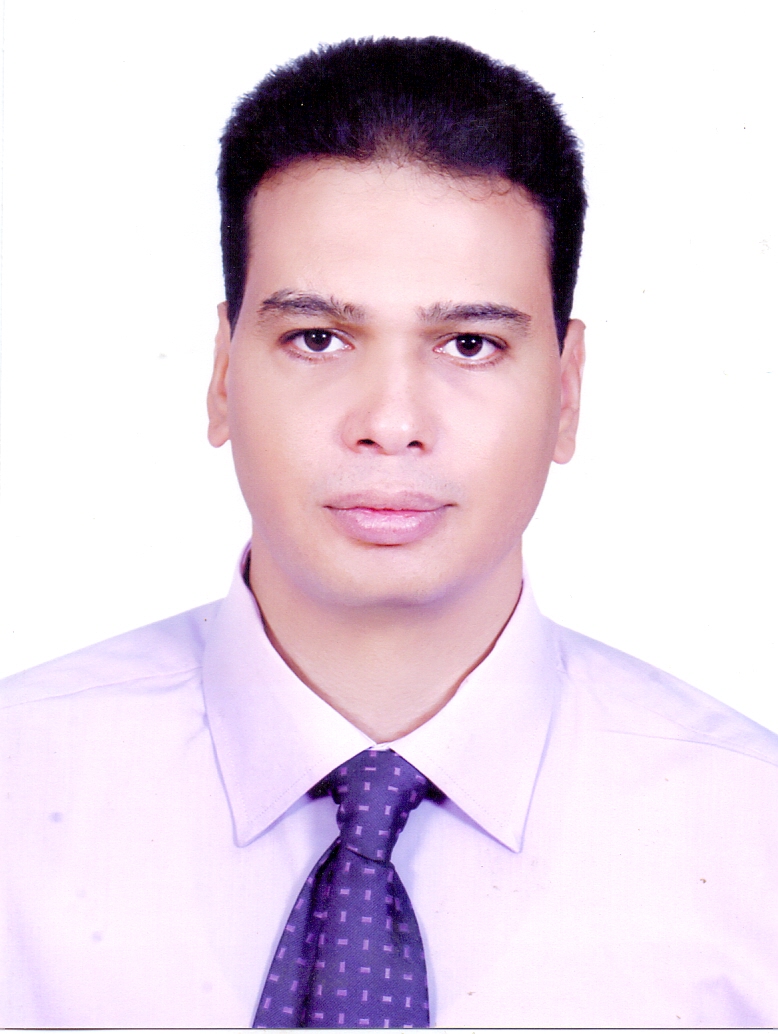The fractional order theory of generalized thermoelastic diffusion with relaxation times, in the context of Lord and Shulman theory, is used to investigate the thermoelastic diffusion problem in an infinite medium with a cylindrical cavity. The surface of cavity is taken to be traction free and subjected to heating. The chemical potential is assumed a known function of time on the surface of cavity. The analytical solution in the Laplace transform domain is obtained by using the eigenvalue approach. The numerical results of displacement, temperature, concentration and stress as well as the chemical potential represented analytical and graphically.


